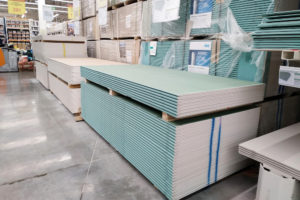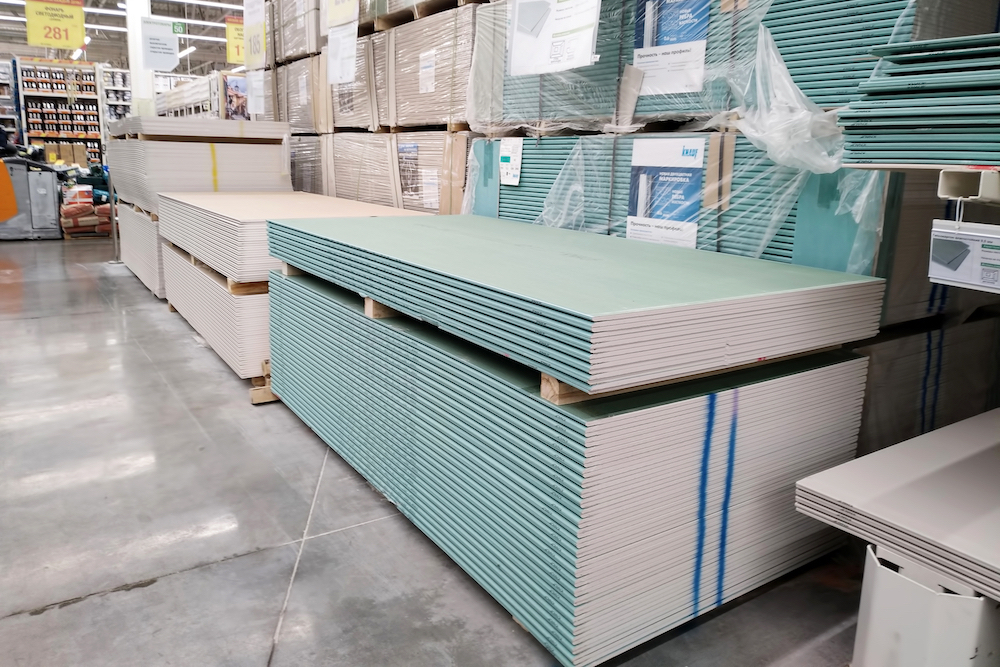
Preliminary notices are extremely important in Arizona. If a contractor, sub, or supplier fails to follow the notice requirements, they’ll lose their ability to lien – which is the best leverage tool if a payment dispute arises. Recently, Arizona amended its preliminary notice requirements. The new rules go into effect on December 31st, 2019.
Arizona raises the threshold for amended notices from 20 to 30%
Arizona passed SB 1304 recently, and it was signed into law in early May of 2019. For the most part, the changes were insignificant – most of the edits were simple changes in verbiage that makes the statute easier to read. However, the rules for amended notices were significantly altered.
In Arizona, a preliminary notice must contain the value of the work that will be provided by the party sending the notice. Currently, if this amount changes by 20% or more, the party who sent the preliminary notice must send an updated preliminary notice to reflect the updated value of the work. With the passing of SB 1304, this threshold will jump from 20% to 30%.
Background on Arizona Amended Preliminary Notices:
Why change the rule?
Construction can be unpredictable, and prices can change – whether that be due to change orders, acceleration, or for some other reason. Currently, any change that bumps the price by 20% or more means that a new preliminary notice must be sent. That’s a really low bar, and it’s a problem for contractors and subs with small contract values.
Under current rules, if the work is supposed to cost $1,000 and the price jumps by a mere $200 for any reason, that would require an amended 20-day preliminary notice. Otherwise, lien rights would be lost. Even on projects where the contract price is substantially larger – a 20% change is relatively common, in the grand scheme of things. If the schedule runs a little bit longer, or if a few invoices exceed budget, the 20% mark can easily be surpassed. Even if there isn’t some massive change on the project, an amended notice might be required.
That means an inordinate amount of contractors, subcontractors, suppliers, and equipment renters are required to send an amended 20-day preliminary notice, and any little hiccup with updating a notice could result in the loss of substantial rights. Doesn’t seem fair, does it?
Raising the limit for amended notices is a step in the right direction
In most every other state, there’s no requirement for revising a preliminary notice (though, many California businesses seem to think the 20% rule applies there). If the notice is accurate when it was sent, and if the amount on the notice was made in good faith, then the original notice is perfectly fine. Other states accept the fact of life – construction is controlled chaos, and prices will fluctuate to some degree.
Now, this isn’t to say that price changes shouldn’t be communicated. Arguments over increased prices are extremely common, and they’re one of the biggest reasons for pronounced payment disputes. But a material supplier shouldn’t lose their ability to lien because material costs increase and they forget to send an amended notice. Subcontractors shouldn’t lose lien rights because their customer has gone overboard with change orders. Contractors shouldn’t have to pull out their calculator every time their owner changes their mind to see if they need to send another notice.
Communicating price increases is important, but shouldn’t affect payment rights
Clear, open, and honest communication is absolutely necessary in order to create healthy construction projects. This is especially true when there are changes to the bottom line of the project. Certainly, cost overruns should be communicated to the customer (and eventually to the owner) at the first sign that the contract price won’t be accurate.
However, with a low bar like the current 20% threshold, Arizona’s lien laws put an undue administrative burden on construction businesses. It creates a trap for unsuspecting contractors, subs, and suppliers and restricts their statutory rights.
By raising the bar to 30%, Arizona’s rules on sending amended preliminary notice got a little fairer.
Remember: The rule change doesn’t take place until December!
Remember, though – this doesn’t go into effect until the last day of this year – December 31, 2019. Until then, potential lien claimants must preserve their right to lien by sending an amended 20-day preliminary notice any time their work exceeds the anticipated value by more 20% or more.
Related resources
- Arizona 20 Day Preliminary Notice: The Why, Who, What, When, and How
- Everyone Must Send Preliminary Notice in Arizona
- Why You Should Send Preliminary Notice Even If It’s Not Required


